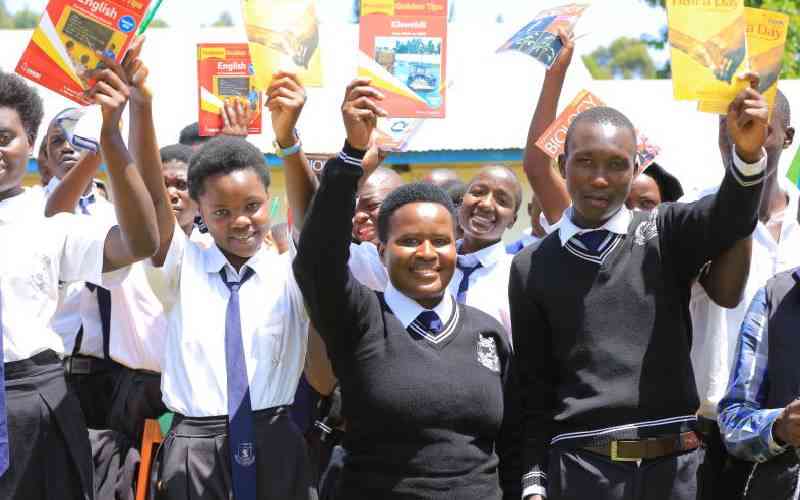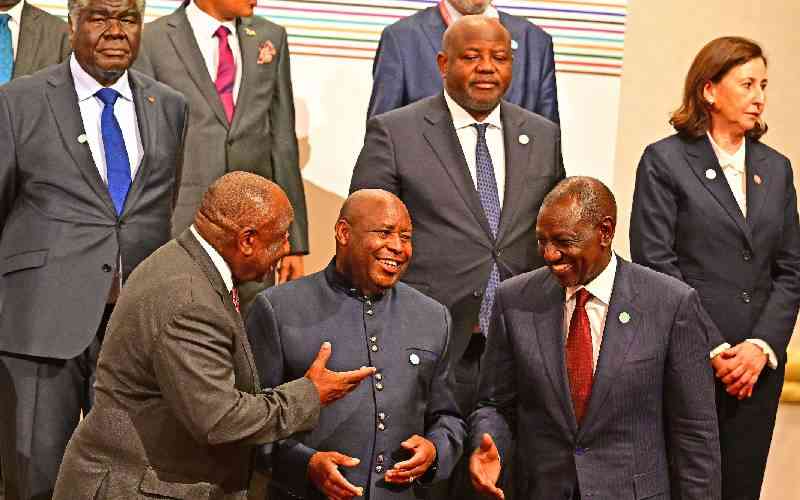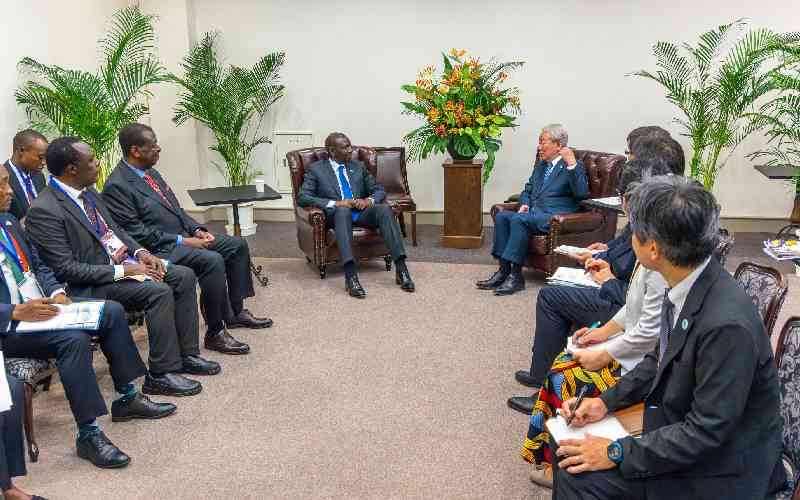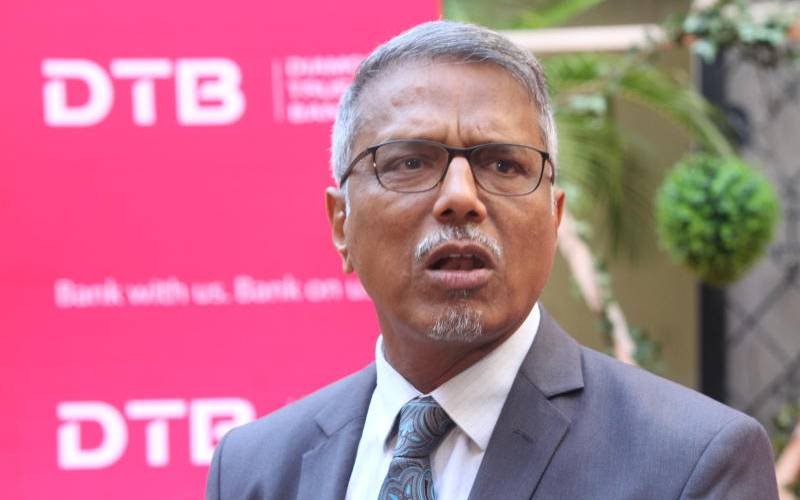
A study conducted in Lower Eastern counties of Makueni, Kitui and Machakos has identified the need to provide sustainable literacy tools and access to learning resources to students.
The study led by Prof Owuor Olungah of University of Nairobi showed that 58 per cent of learners in the sampled counties lack adequate notebooks, with 89 per cent of the associated costs borne by parents despite free education policies.
Similarly, 82 per cent of teachers and students expressed a strong interest in reusable notebooks, citing cost savings and environmental benefits.
The study indicated that 71 per cent of students are performing at average levels, while 24 per cent are struggling academically, with teachers and Non-Governmental Organizations (NGOs) highlighting insufficient materials and lack of red pens for marking as critical challenges.
“This data underscores the urgent need for collaborative action to scale sustainable literacy tools and ensure no learner is left behind,” the study states.
The study comes against the backdrop of a Correctbook initiative implemented across 24 schools in Machakos, Kitui and Makueni to enhance learning through reusable notebooks and pens.
Correctbook Kenya, in collaboration with Welthungerhilfe and Child Fund Kenya, is implementing a pilot project through the Eastern Communities Development Programme (ECDP), funded by Invest International, which seeks to provide reusable and erasable notebooks to enhance literacy and educational opportunities.
The project focuses on distributing 5,000 reusable writing materials across 24 schools in Machakos, Kitui, and Makueni counties, in addition to training teachers, sensitizing stakeholders, and conducting ongoing impact monitoring.
The study set out to document the preliminary impacts of the Correctbook initiative as a follow up to the baseline that was conducted in May prior to distribution of the materials to select schools in the three counties.
The intervention aimed to enhance literacy through reusable notebooks, reduce costs for parents and schools and promote environmental sustainability.
On the flipside, other findings showed improvement in participation, creativity, and handwriting, which was reported by 85 per cent of teachers.
“It was noted that intervention classes have experienced less absenteeism and early arrivals in schools. It has also reduced usage of books leading to less expenditure on the parents, limited littering in school hence improved hygiene,” the study shows.
The project aims at piloting the use of erasable writing materials as complementary notebooks that supports learning by providing work surfaces for practice, revision, group work and rough work.
The initiative will ultimately be used as a stepping stone toward commercial upscaling, providing a sustainable and cost-effective solution to improve literacy and educational outcomes.
Stay informed. Subscribe to our newsletter
Challenges identified included insufficient supply of books, leading to sharing among students.
Durability has also been tested as some students attempted to tear pages from the books - the younger students in Pre-Primary 1 and Grade 1 struggled with pen handling while some forgot or lost pens at home in addition to a few cases of misuse, for instance drawing unrelated content.
“While challenges like pen durability and supply gaps exist, they can be addressed with targeted interventions. The program’s success warrants expansion and further investment to maximize its educational impact. With scaling, this model can transform education in arid regions,” the study found.







